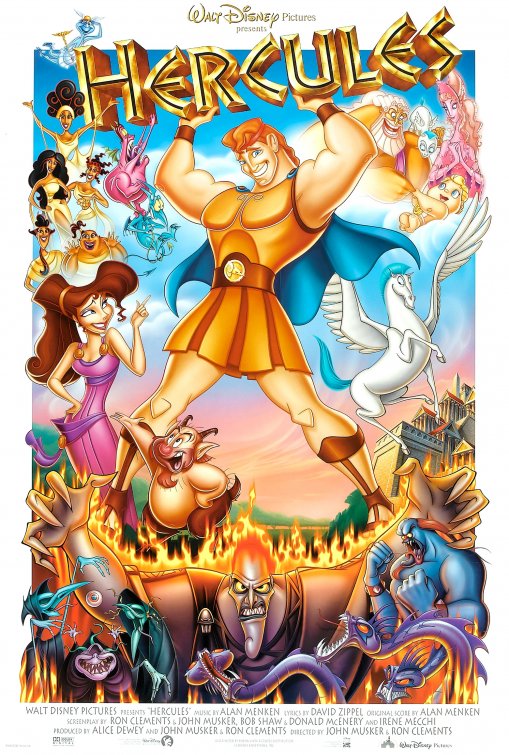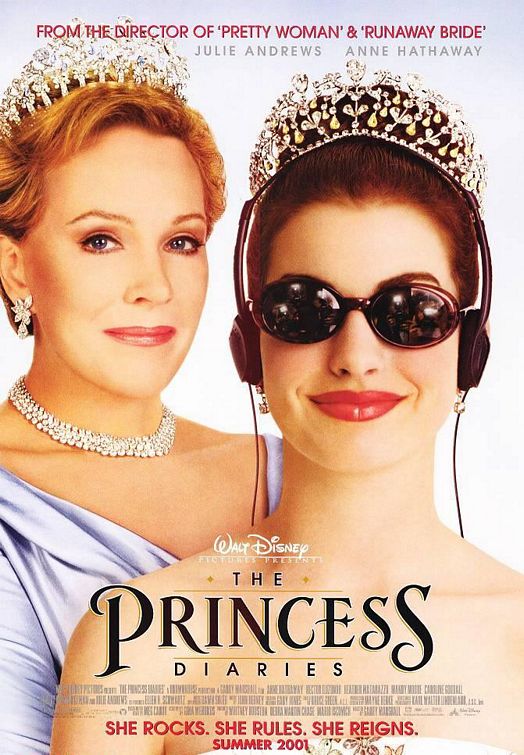How DUNE Director Explores Morals and Betrayal in Movies
Movieguide® Contributor
DUNE director Denis Villeneuve is elaborating on the themes of DUNE and DUNE: PART TWO as he prepares for the franchise’s next installment — DUNE: MESSIAH.
Frank Herbert’s book “Dune” is inspired by T.E. Lawrence, whose story is told in LAWRENCE OF ARABIA, a 1962 movie.
“In LAWRENCE OF ARABIA, he fell in love with the Arabic culture and asked the Arabic people to fight for England. And at the end, he betrayed that culture and that kills him, it breaks his heart,” Villeneuve told Deadline. “And it’s that tragedy, that betrayal…I wanted it to be very clear for the audience. In order to do so, I gave Chani much more substance, and I gave her her own political views.”
“The movie is seen through the lens of their relationship, the birth of their love, how their love grows, as Paul discovered the culture, learned about the culture. And then how their love is tested by the politics of the world and where there’s a separation between both of them. And in the third part, we suddenly follow from her point of view, which becomes our moral angle…”
Chani, played by Zendaya, acts as a “moral compass” for Paul, which is different than her role in the original book series.
“In the book, she’s a believer, she’s in Paul’s shadow, but I decided to transform our character in order to bring this idea that the movie will be a cautionary tale and not a celebration of his ascension. When the first book was released, Frank Herbert said he was disappointed by the way the book was perceived by some readers who saw in Paul a hero, and saw the book as a celebration of Paul. Herbert wanted to do the opposite. He wanted to do a cautionary tale, a warning against the embrace of charismatic figures.”
“In order to correct this perception, he wrote a second book called ‘Dune Messiah,’ that made sure that his initial intentions will be more clear. And me knowing this, I made this adaptation having this knowledge,” the director continued. “I tried my best to be, let’s say, more faithful to Frank Herbert than to the book.”
READ MORE: DUNE: PART TWO NEARS $700 MILLION WORLDWIDE
Zendaya’s role carries a tremendous weight. With few lines, there’s a lot she has to say with a single expression.
“What’s important for me is that she can convey in her attitude that she’s been betrayed as a woman, but also as a Fremen. It’s a dual betrayal. Paul betrays her love, but more importantly, I think for her, is the fact that he takes power in the name of another culture,” the director said.
“The idea was that they were supposed to bring Fremen to power, to relieve them from colonialism,” he continued. “And now Paul will embrace again this colonialist approach. That is the big betrayal, the political betrayal.”
Zendaya and Timotheé Chalamet, who plays Paul, created an emotion of intense sadness that Villeneuve was looking for.
“I absolutely love the moment where we go from where the society will bow in front of the emperor, and we go straight into the intimacy of the interaction between both characters, and then the ones that are still standing are this princess who will become his wife for political reasons, and Chani, who is betrayed and leaves the room,” he said. “It’s a moment that was essential to nail on the day as I was directing, and I am very deeply happy about how Chani brought it to the screen, and also how Paul ultimately did it.”
The director has no regrets about casting Chalamet as Paul.
“We have to remind ourselves that he had done the work before, tremendously strong work. Like for instance, the work he did on THE KING, where David Michôd put on an absolute display of power that I knew that he could tap into. Some kind of inner power that I would need for the second film, as an actor, and that authority inside him,” Villeneuve said.
“The truth is, casting is a gamble, but I knew we would be able to do it. I had seen it before. But there was nothing to prepare me for the day when we did a big scene and I saw him exploding in front of the crowd, in a very Shakespearean way. I was really proud of what they all did on that day,” he said.
Villeneuve loved the “Dune” book series when he first discovered it as a 14-year-old.
He shared why it resonated with him: “There was something about the idea of a boy that finds home in another culture that I thought was absolutely beautiful. The idea that it’s like if you find yourself in another country and suddenly you feel that the culture, the habits, the behaviors of that culture feel more like home and you consolidate your identity into it. And you become an adult in that society. I thought that was a beautiful idea.”
“I loved the idea of how Frank Herbert used biology to create and to go deep into the description and creation of the ecosystem on this planet. He brought so much detail and reality and love into it that it felt so real, so rich. And the way he explored the impact of this ecosystem on the culture, and how the Fremen learn to adapt to the desert. How they develop and use technologies, to how the desert impacted their religion, their ways of belief, their behaviors, their culture in general, even art. There’s something about that that when I was a kid, I was amazed, just floored by the poetry of it.”
DUNE: MESSIAH will begin production in the summer or fall of 2025.
Villeneuve said of the new movie, “Like Herbert did with ‘Dune: Messiah,’ I think it’ll be a great idea to do something completely different. The story takes place like 12 years after where we left the characters at the end of PART TWO. Their journey, their story is different this time, and that’s why I always say that while it’s the same world it’s a new film with new circumstances.”
DUNE won the Movieguide® Award for Best Movie for Mature Audiences in 2021.
READ MORE: DUNE 3 GETS RELEASE DATE, AND IT’S SOONER THAN EXPECTED
https://www.instagram.com/p/C3GBWYmJgVr/?hl=en
Questions or comments? Please write to us here.


 - Content:
- Content: 

